The Ethics of Fly Fishing: What Are We Really Doing Out There?

I’ve spent a lot of time grappling with the ethics of my hobby. Why do I do all this, and is this actually sadistic? So I've done my research and thought a lot to make sure that I can justify this passion of mine.
What I've come to realize is that fly fishing is more than just casting a line. The discussion of its ethics touches biology, philosophy, sustainability, cultural tradition, and our personal relationship with wild animals.
For something that often looks calm and peaceful on the surface, it can raise difficult questions underneath.
What do we actually know about the fish we pursue? How should we handle them? When is it okay to harvest? And why do we even do this at all?
Does It Hurt the Fish?
The honest answer is that fish are not like us. Their physiology and neurology are entirely different.
The mouth, where most fly hooks land, is mostly made of bone (or cartilage), and is largely neurologically inert. It does not have the same pain receptors or processing ability that mammals do. Most evidence suggests that while fish can register pressure and respond to threat, they do not experience pain in a conscious, emotional way.
Still, stress matters.
Fighting, air exposure, warm water, and rough handling can increase stress and reduce the fish’s chances of survival after release. Even if the fish swims away, that does not guarantee it will recover fully.
There are simple ways to reduce harm:
-
Use barbless hooks, especially for smaller species or when fishing catch and release
-
Land fish quickly and keep them in the water as much as possible
-
Handle fish with wet hands to avoid damaging their protective slime layer
-
Avoid fishing in warm water conditions when survival rates drop- range varies from species to species
- Do not drag fish onto dry land unless you intend to eat it
Fly fishing will always have some impact. But how we handle the fish determines how much of that impact is necessary.
To Keep or Not to Keep?
This is one of the most debated parts of fly fishing ethics. Some believe every fish should be released. Others see selective harvest as more honest and practical.
The truth is, both approaches have merit.
Catch and release allows anglers to interact with fish without removing them from the population. It supports conservation, especially in fragile systems or with slow-growing species.
But in sustainable fisheries, where regulations support it and populations are strong, keeping fish for food is not unethical. In fact, it can be one of the most grounded ways to interact with the natural world. Harvesting a fish, preparing it with care, and eating it with gratitude is a cycle that predates modern conservation ethics.
The important thing is to stay aware of where you are, what species you are targeting, and whether your actions are sustainable. Blanket rules do not serve anyone. Local knowledge, honest intent, and restraint go a long way.
What Do We Actually Get Out of It?
Fly fishing is not just about fish. It is about where fish live, and what we become when we spend time in those places.
We fish to be outside. We fish to study water and weather and life. We fish to slow down and observe. Over time, this creates respect for species we used to overlook.
Fly fishing also brings us to new waters, new cultures, and new friendships. It keeps us active and outdoors. A trip to another river or coastline often leads to conversations with strangers, shared meals, and long memories. It introduces us to landscapes we might never have otherwise known.
Sometimes, we fish to put food on the table. Other times, we release every fish we touch. Either way, we walk away with more than we arrived with (well, not financially).
Final Thoughts
Fly fishing is not without consequence. But that is true of nearly everything worth doing outdoors.
What matters is how we engage. When we fish with intention, handle fish with care, and remain honest about our impact, we can participate in a way that is respectful, sustainable, and deeply meaningful. Knowing myself, I don't think I'll stop debating with myself on what is the most ethical way to carry out this bizarre passion of mine.
This is not about being perfect, but about staying present.
And with that awareness, fly fishing becomes more than a sport. It becomes a way of exploring your relationship with nature, with other people, and with yourself.

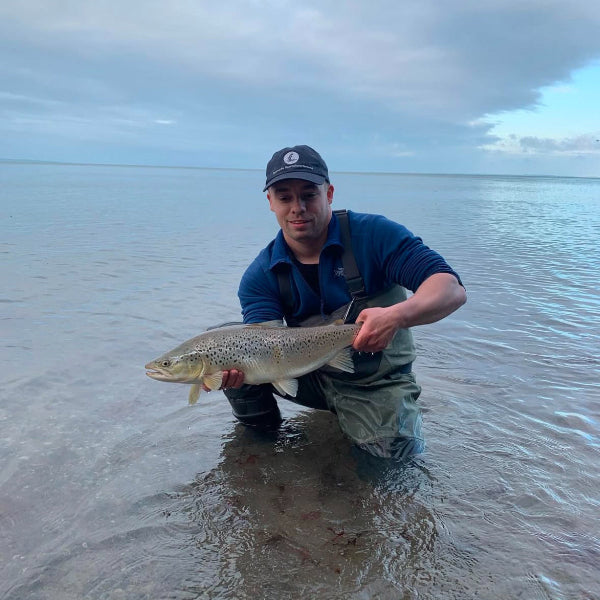
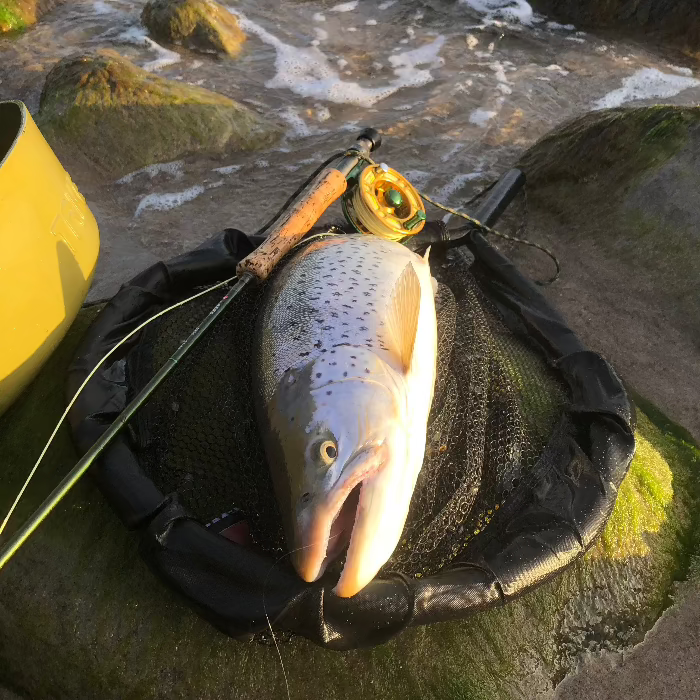
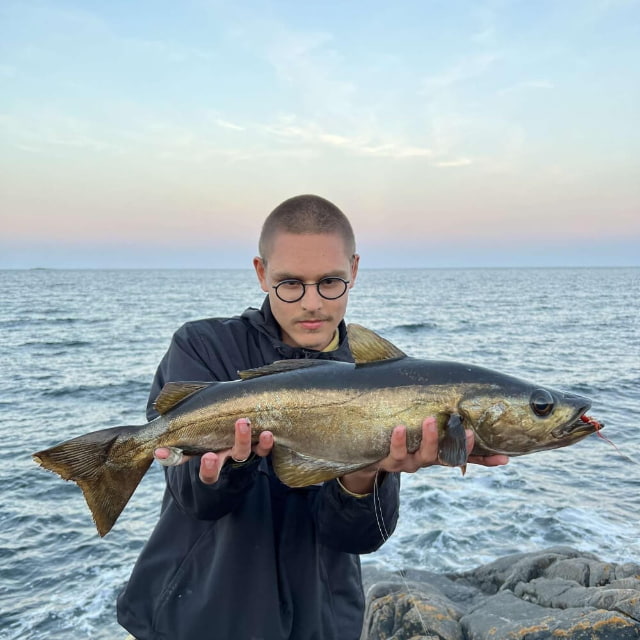
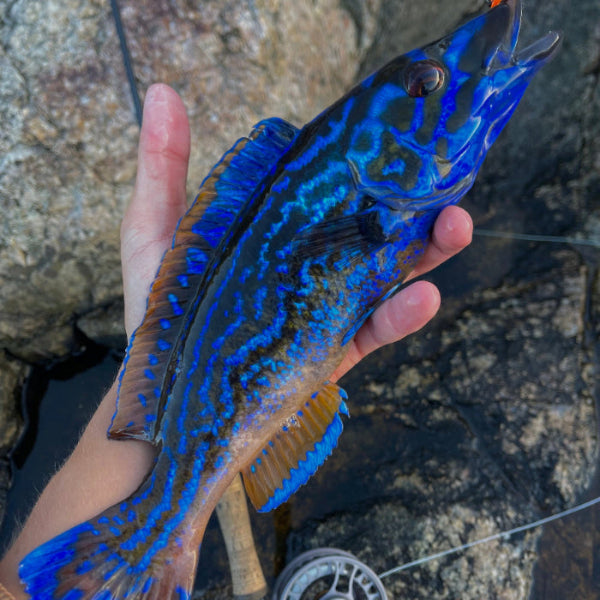
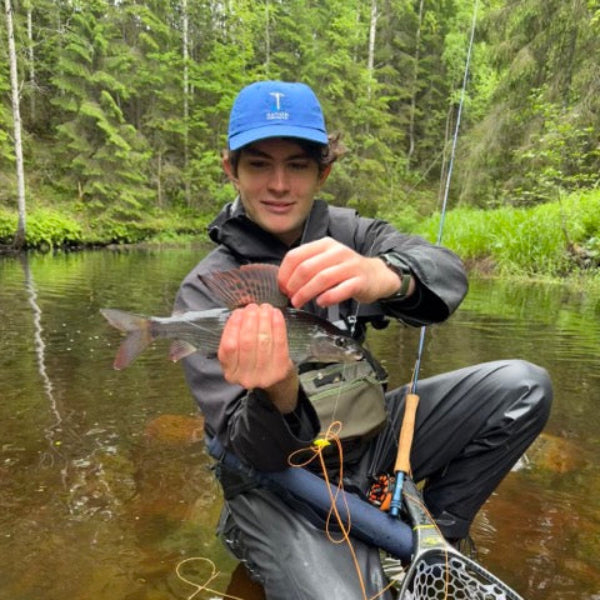
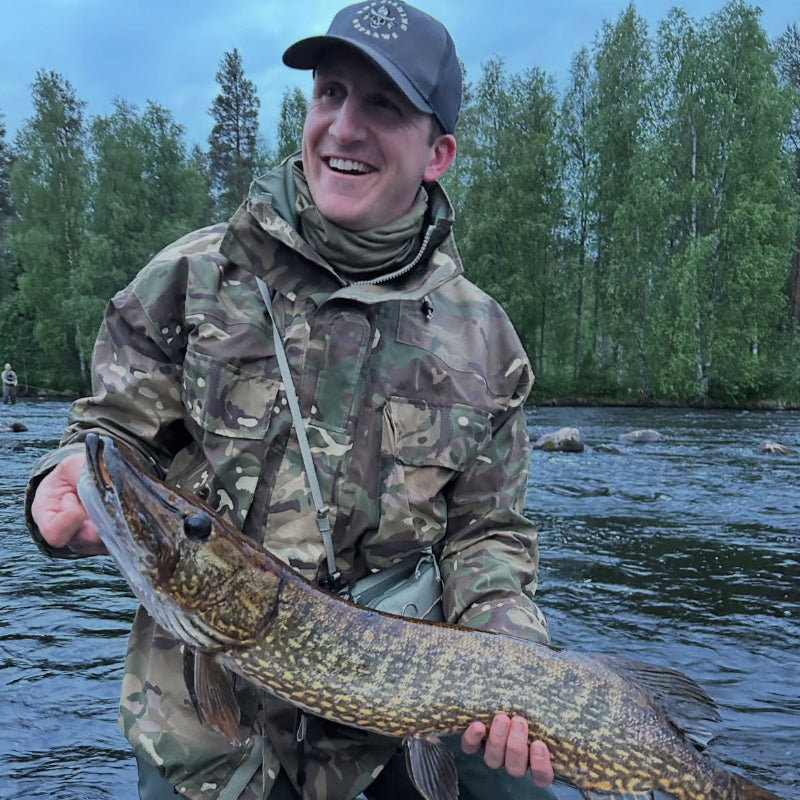
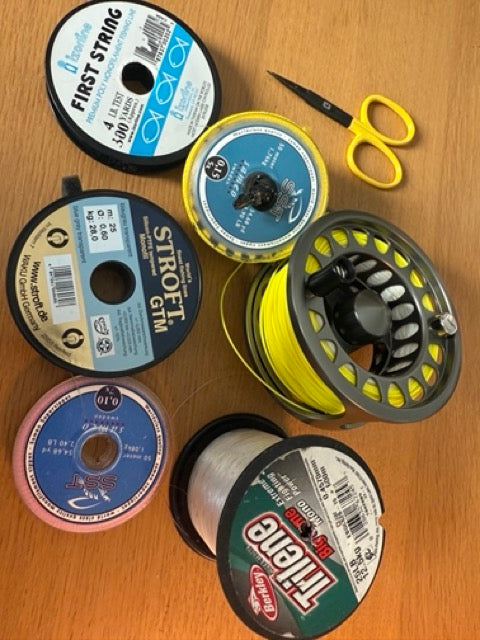
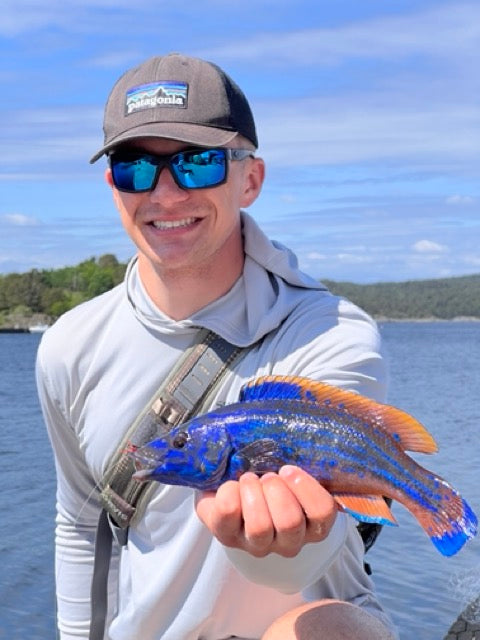
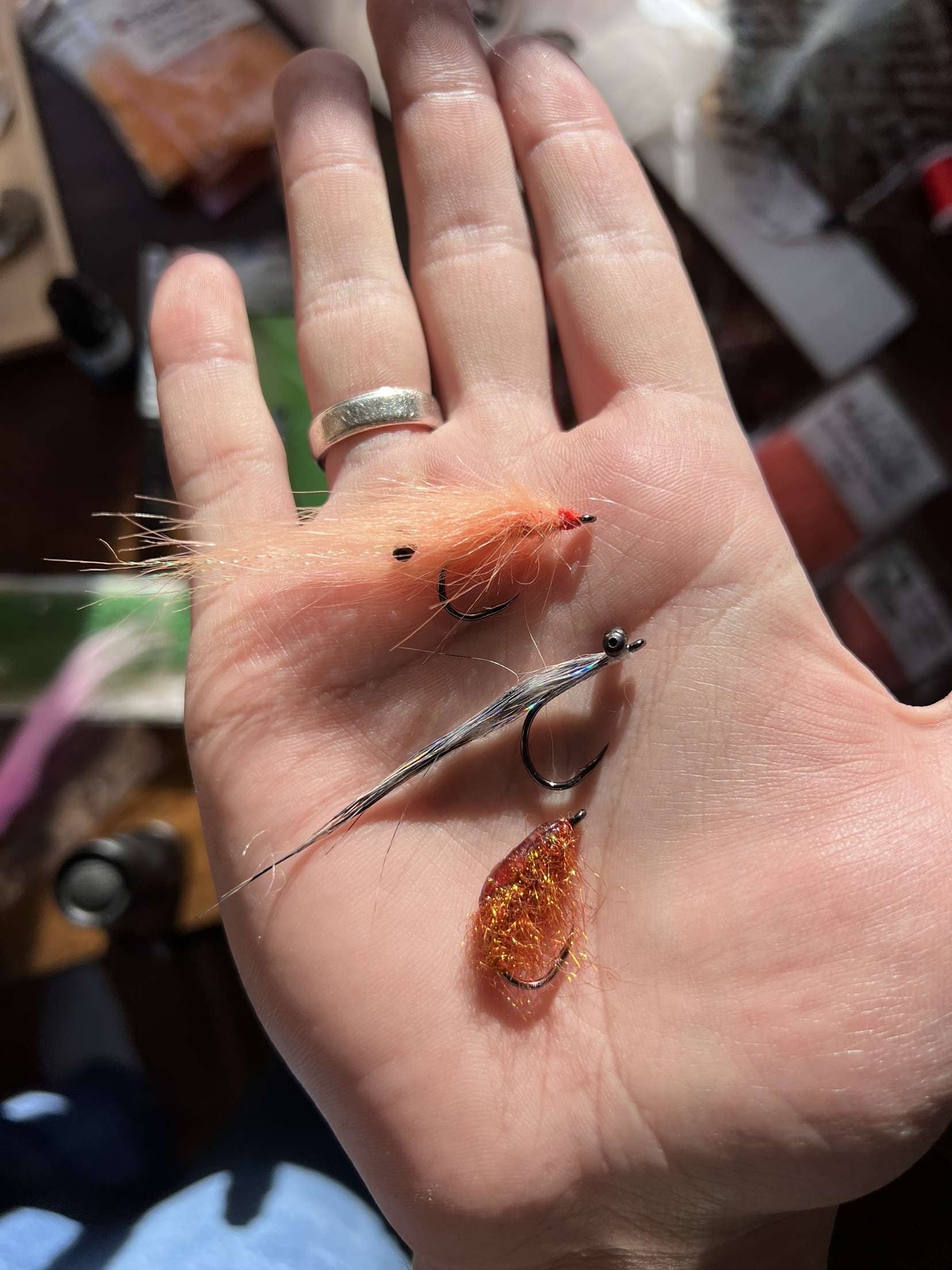
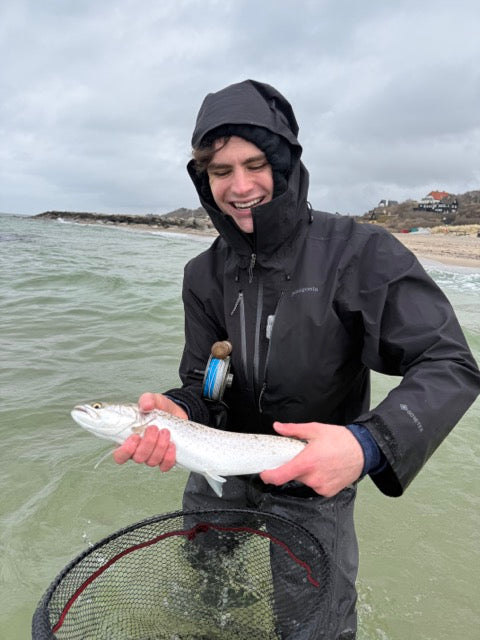
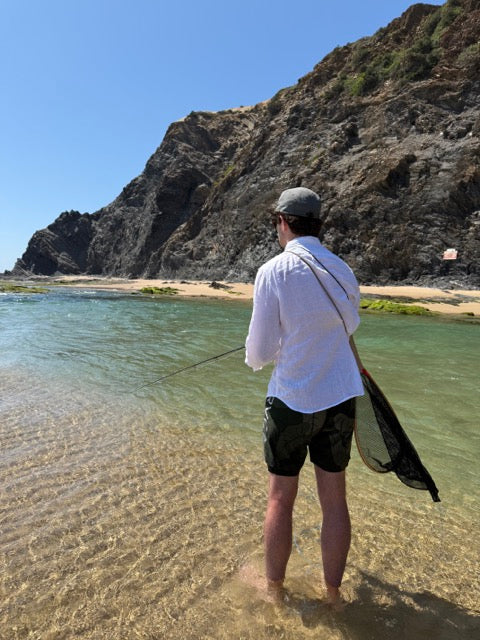
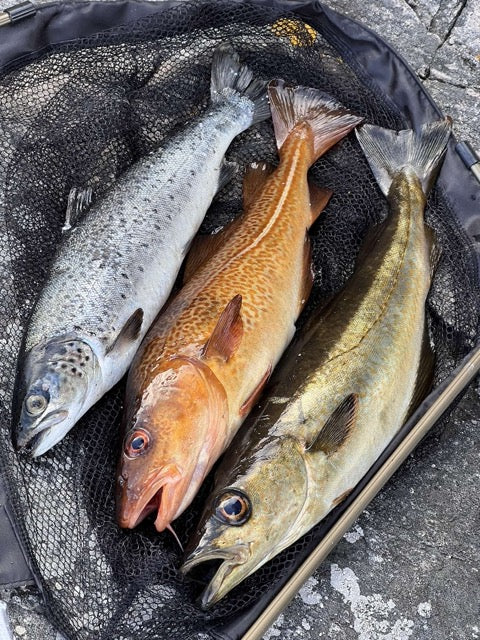
Leave a comment
This site is protected by hCaptcha and the hCaptcha Privacy Policy and Terms of Service apply.